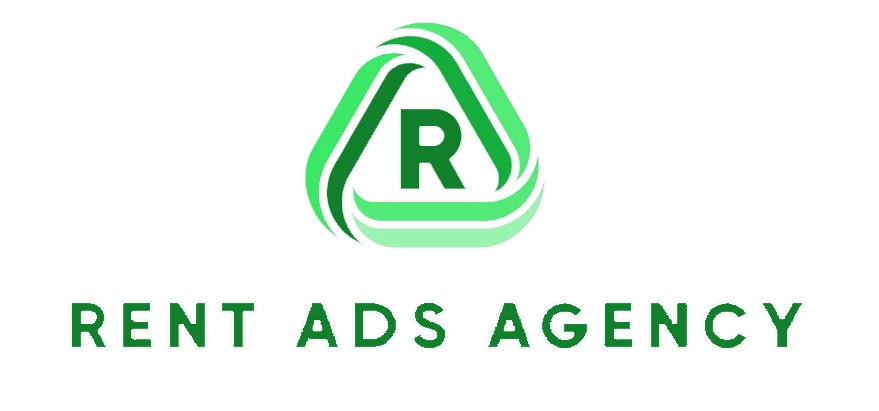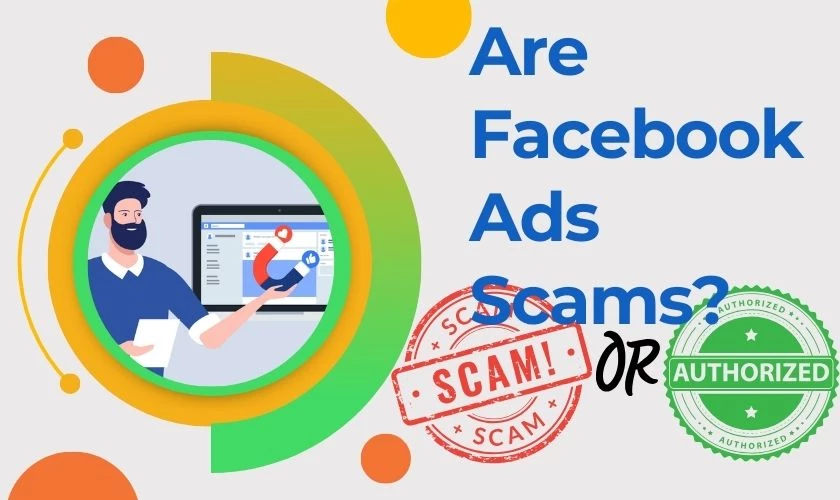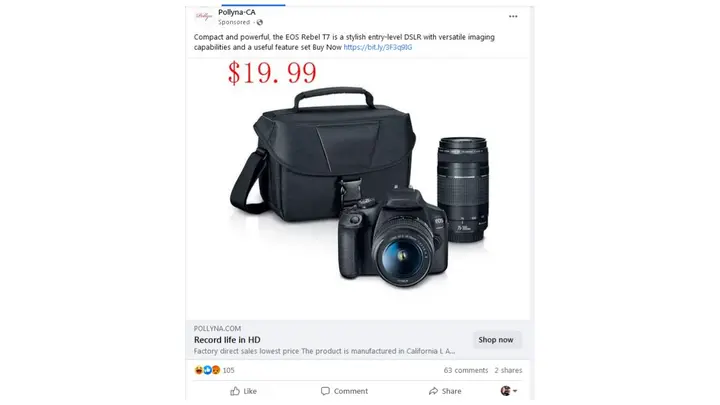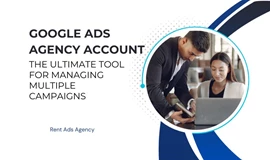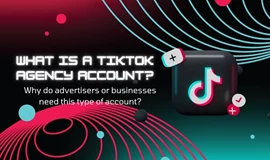As roughly three billion monthly active users make it irresistible for advertisers, scammers also see ripe opportunity. With more marketing budgets shifting to Facebook, brands wonder - are these ads legit or frauds? In this post, we uncover the reality behind Facebook ad scams to help you avoid risks. We define what fake Facebook ads are, red flags to spot them, and – most crucially – best practices to ensure your ads convert. In an era where social platforms blend boundless potential with new vulnerabilities, educating yourself is key. We’ll give today’s marketers the insider knowledge to keep their Facebook ads safe, successful, and scam-free.
Are Facebook Ads scams?
No, Facebook ads themselves are not scams. Facebook provides a legitimate advertising platform used by millions of authentic businesses to reach target audiences. However, as with any major platform, there is potential for abuse. While the majority of Facebook ads come from real companies, some fake or scam ads do unfortunately slip through the cracks.
How to spot fake ads on Facebook?
For example Fake ads on Facebook Specifically, scammers have created fanpages and named them similar to some other famous newspapers or fanpages on social networks to attract attention. If you just look at it, users can be completely confused.
Next, the scammers will run ads on some articles on these fanpages. Those posts often contain information about discounts on products like headphones, watches, or perfume. The article also includes a link for users to fill in information and register to purchase.
However, this is completely fake information. The links attached to the article also lead to fraudulent websites, with interfaces designed to resemble the real website.
To increase credibility, scammers also post many good reviews about the product in the comments section of each article. These are all decoy comments, intended to deceive viewers.
Spotting fake Facebook ads takes some detective work, but there are key red flags to look for. First, examine the ad's images carefully - if they seem blurry, photoshopped, or like cheap stock photos, that's suspicious. Authentic businesses will display crisp, clear shots of the actual product.
Next, check if the language seems "too good to be true" - extreme discounts over 75% off retail prices or guarantees to make quick money should ring alarm bells. No legitimate company can sustain those claims.
You'll also want to verify the advertiser by copying their website and entering it into the ICANN WhoIs database at https://lookup.icann.org/en. This shows who owns that domain. If it's recently registered, traces back to a random individual, or to a country that doesn't match the alleged business - likely a scam site.
Finally, study the payment methods. Fake Facebook ads often claim to accept PayPal but only ask for direct credit card info. Avoiding sites that push users to buy impulsively is also wise.
In summary, investigating images, prices, website ownership, payment methods, and high-pressure tactics can help reveal fraudulent Facebook ads. While Facebook works to catch scams, increased user awareness of warning signs remains key to staying protected.
Why does Facebook allow the scam ads?
In short - money. Facebook makes billions from ads and has mediocre screening. So while it doesn't actively approve fake ads, its verification processes fail to catch many frauds.
Recent data reveals over 30% of Facebook Marketplace listings in the UK seem to be scams, potentially costing users £60 million yearly. The patterns are clear - Facebook only addresses issues after massive public pressure due to profit obsession.
TSB Bank's fraud team discovered telltale scam markers, like directing "buyers" to shady websites, refusing in-person viewings, and demanding advanced fees. Facebook has the resources to catch these patterns but turns a blind eye.
Similarly, advertisers can sneakily dodge safeguards Facebook does have. Scammers are now using advanced tactics like AI-generated profile photos that seem real. Facebook could adapt but has shown time and again growth comes first.
Essentially the platform's sheer scale makes full security impossible. But robust improvements could mitigate harm. Until Facebook substantially upgrades, users and regulators have to force accountability. Allowing unchecked scams poses reputational and legal risks no company can ignore forever.
To wrap up, Facebook ads can help businesses but you need to watch for scams. Rent Ads Agency provides safe access to pro Facebook ad accounts, removing limits and securing your ads from fraud. For simple yet powerful Facebook advertising, contact us.

Mohamed Fouad is a full-stack web developer and an entrepreneur who's really into advertising. He is the CEO of Rent Ads Agency, a company that helps businesses reach more customers through advertising. He graduated from Stanford University in 2018 and has over 4 years of experience in the tech industry.
